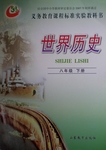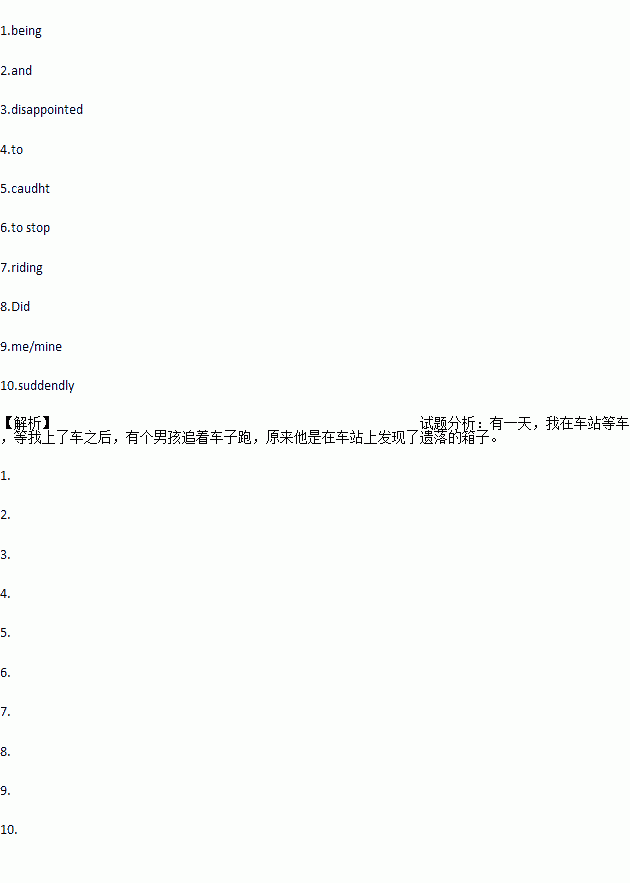If a noisy neighbor is blasting music at all hours of the day and night, drowning out your phone conversations and interrupting your sleep, you can call the police. But what is a whale to do?

Natural noise from waves, wind, rain and even earthquakes is common in oceans. Unfortunately, man?made noise from oil and gas drilling, sonar, and ships is also present.
Low frequency noise has doubled off the California coast every decade since the nineteen sixties. The main reasons are ships' propellers (螺旋桨). They not only generate continuous low frequency sound, some propellers cavitate(形成气穴), which means they create air bubbles that collapse, creating loud popping sounds.
Whales use low frequency calls to communicate across thousands of miles of ocean. They are threatened by noise pollution because it can prevent them from contacting each other and from locating their foods. Endangered humpback and right whales, which use fibrous baleen to strain food from the water, are the most at risk.
Scientists studying right whales off Canada's east coast have discovered that whales are sending louder calls through the water to make themselves heard. Because they invest more energy in making calls, they have less energy available for finding food and mating. Other scientists measuring whale calls against background noise pollution have discovered that right whales have lost about eighty percent of their normal communication area. This could seriously affect survival of this already threatened species.
Scientists don't have badges and guns, but they are trying to correct the noise pollution problem. By tracking ships and marine mammals and understanding how noise travels, they are creating sound maps. They hope to get shipping lanes moved so that the noise pollution ships create will not overlap with areas most important to the whales.
1.What does the passage mainly talk about?
A. Whales are in danger because of the noise.
B. Noise pollution is affecting whales.
C. Natural noise is good for whales.
D. How to protect whales endangered.
2.The following statements are true EXCEPT ________.
A. You can call the police if you are disturbed by a noisy neighbor.
B. Low frequency noise has doubled off the Canadian coast every decade since the 1960s.
C. Noise pollution can prevent whales from contacting each other and from locating prey.
D. Endangered humpback and right whales are the most at risk.
3.We can infer from the last paragraph that ________.
A. some areas important to whales are overlapped with the ship lanes
B. scientists are creating the sound maps by tracking ships and marine mammals
C. if scientists have guns, they can correct the noise pollution
D. scientists have worked out a plan to protect the whales
4.According to scientists,________.
A. right whales off the Californian coast have been in danger because of the loss of the energy
B. right whales cannot find food and mate for they lose a lot of living area
C. there are about 20% of the normal communication areas still available for the right whales
D. the right whales always invest most of their energy for making calls
 ous and 2.(disappoint).When the bus finally came,we all hurried on board.I got a place next 3. the window,so I had a good view of the sidewalk.A boy on a bike caught my attention.He 4.(ride) beside the bus and waving his arms.I heard a passenger behind me shouting to the driver, 5. he refused to stop 6. we reached the next stop.Still,the boy kept riding.He was carrying something over his shoulder and shouting.Finally,when we ca
ous and 2.(disappoint).When the bus finally came,we all hurried on board.I got a place next 3. the window,so I had a good view of the sidewalk.A boy on a bike caught my attention.He 4.(ride) beside the bus and waving his arms.I heard a passenger behind me shouting to the driver, 5. he refused to stop 6. we reached the next stop.Still,the boy kept riding.He was carrying something over his shoulder and shouting.Finally,when we ca me to the next stop,the boy came up to the door of the bus,and I heard an 7. (excite)conversation.Then the driver stood up and asked,“Did anyone lose a suitcase at the last stop?” A woman on the bus shouted,“Oh dear! It's 8. (I).”She pushed her way to the driver and took the suitcase thankfully.Everyone on the bus began talking about what the boy 9. (do),and the crowd of strangers 10. (sudden)became friendly to one another.
me to the next stop,the boy came up to the door of the bus,and I heard an 7. (excite)conversation.Then the driver stood up and asked,“Did anyone lose a suitcase at the last stop?” A woman on the bus shouted,“Oh dear! It's 8. (I).”She pushed her way to the driver and took the suitcase thankfully.Everyone on the bus began talking about what the boy 9. (do),and the crowd of strangers 10. (sudden)became friendly to one another. 探究与巩固河南科学技术出版社系列答案
探究与巩固河南科学技术出版社系列答案


 l food, and another group of fruit flies got the same food including apple.
l food, and another group of fruit flies got the same food including apple.